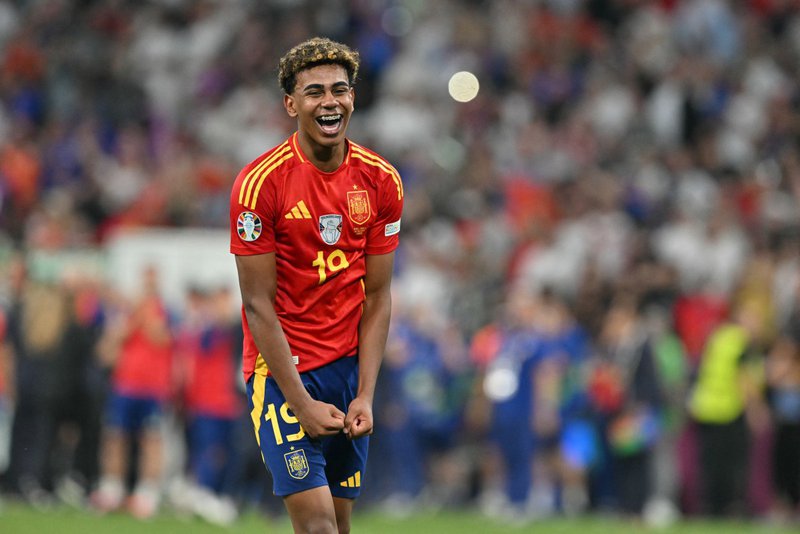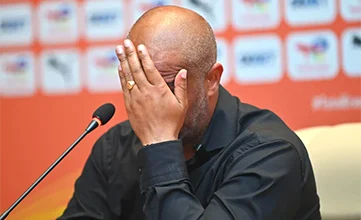Where would 16-year-old Lamine Yamal be if he was a Nigerian

At just 16 years old, Lasmine Yamal has emerged as a rising star in European football, dazzling fans with his performances for the Spanish national team at Euro 2024.
The FC Barcelona prodigy recently etched his name into the annals of Spanish football history with a crucial goal in their 2-1 semi-final victory over France. His meteoric rise from the youth ranks to international stardom highlights the stark differences in talent development pathways between Europe and Africa, particularly Nigeria.
In Nigeria, young footballers face formidable challenges on their journey to the top. Unlike in Europe, where players like Yamal can flourish in top-tier clubs and national teams at a tender age, Nigerian talents often find themselves confined to local academies or lower leagues. The Nigerian football ecosystem, dominated by the Nigeria Professional Football League (NPFL) and the Nationwide League (NNL), rarely offers opportunities for teenage talents to showcase their skills at the highest levels.
“If Lamine Yamal were Nigerian, his story might have taken a different path,” Uduak Oscar reasons out loud. “In Nigeria, 16-year-olds are typically seen as too young and physically immature for senior competitions. They’re often overlooked in favor of more experienced players, limiting their chances to shine on the international stage.”
Indeed, Nigerian football has seen glimpses of young talents like Daniel Daga, who made strides with the Flying Eagles last year and then Enyimba International FC last season in the NPFL. However, these success stories remain exceptions rather than the norm. The developmental gap between African and European football systems underscores broader challenges in nurturing youthful potential across the continent.
“Unlike in Europe, where young talents are nurtured and given opportunities to thrive, African countries including Nigeria often prioritize older, more seasoned players for national team selections,” Uduak Oscar notes. “Players like Yamal benefit from a robust football infrastructure and a culture that values youth development. In Nigeria, talented youngsters often struggle to break through, relegated to academies and youth teams.”
As Lamine Yamal continues to dazzle on the European stage, his success serves as a reminder of the untapped potential in Nigerian football.
While challenges persist, the hope remains that Nigeria and other African nations will increasingly embrace and cultivate young talents, paving the way for future stars to shine on both local and international fronts. Until then, players like Yamal will continue to inspire and challenge perceptions of what young footballers can achieve.
If he was a Nigerian, he will not be considered for the AFCON.






